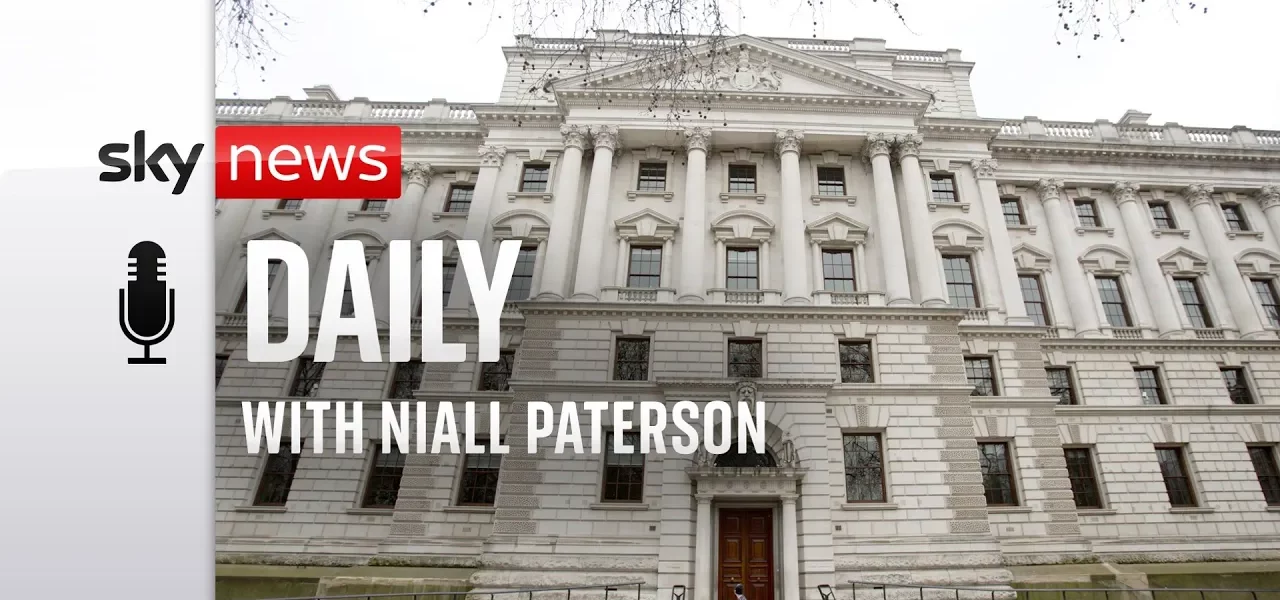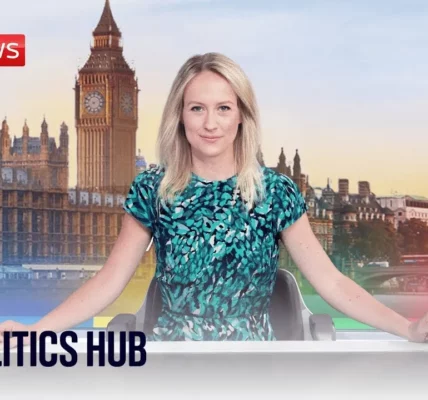Understanding the Current State of UK Government Borrowing and Economic Growth

In this article, we delve into the latest data from the Office for National Statistics, examining the UK government’s borrowing trends, economic growth, and the implications of these findings as discussed in the Sky News Daily podcast. This comprehensive overview aims to provide clarity on the financial landscape and the government’s fiscal policies.
Introduction to Government Borrowing in the UK
Each month, the Office for National Statistics provides crucial data on how much the UK government is borrowing. This borrowing reflects the additional cash required above tax revenues to cover expenditures. The latest revelations, however, paint a complex picture of the nation’s finances, especially in light of warnings from prominent figures like Labour Chancellor Rachel Reeves regarding a significant “black hole” in the economy. With inflation rates stabilizing and GDP showing signs of growth, the question remains: how dire is the financial situation, really?
Current Borrowing Trends
Understanding the Numbers
The latest figures regarding government borrowing indicate a troubling overspend of approximately £9 billion within just four months of the fiscal year. This overshoot raises alarms about the sustainability of current fiscal policies and their alignment with the government’s fiscal rules.
Historical Context of National Debt
Historically, the UK’s national debt has fluctuated significantly:
- Pre-financial crisis: National debt stood at around 30% of GDP.
- Post-pandemic levels: National debt has surged to approximately 100% of GDP.
- Key factors influencing this increase: Financial crises, pandemics, and energy price shocks.
The Economic Landscape: Growth vs. Borrowing
GDP Growth Insights
Despite the alarming borrowing figures, the UK economy has shown remarkable growth, being identified as the fastest-growing economy among the G7 nations in the first half of the year. This growth challenges the narrative of a dire economic landscape:
- Inflation rates have remained relatively low.
- The Bank of England has begun cutting interest rates.
- Public confidence in the economy is slowly recovering.
The Borrowing Dilemma
The crux of the issue lies in understanding how borrowing is being utilized. It is vital to distinguish between borrowing for investment and borrowing for current spending:
- Investment borrowing: Aimed at future economic growth (e.g., infrastructure projects).
- Current spending borrowing: Funding immediate expenditures, which raises concerns about long-term sustainability.
The Political Implications
Labor’s Economic Narrative
Labor’s leadership has consistently framed the economic situation as a dire inheritance from the previous government. This narrative serves a dual purpose:
- To justify the need for tax increases and spending cuts.
- To shift blame for current fiscal challenges onto past administrations.
Upcoming Budget Announcements
The forthcoming budget on October 30th is poised to bring significant changes. Expected measures include:
- Increased taxation, particularly targeting high earners.
- Potential cuts to public spending across various departments.
- Controversial reforms such as means-testing for winter fuel payments.
Conclusion: What Lies Ahead?
In summary, the UK’s current economic situation presents a complex interplay between growth and borrowing. While the economy shows signs of recovery, the alarming borrowing figures raise questions about fiscal sustainability. As the government prepares for its upcoming budget, the decisions made will significantly impact the nation’s financial landscape moving forward. We encourage readers to stay informed and share their thoughts on the evolving economic narrative.
For more insights and updates, subscribe to our newsletter and explore related articles on our website.
“`




